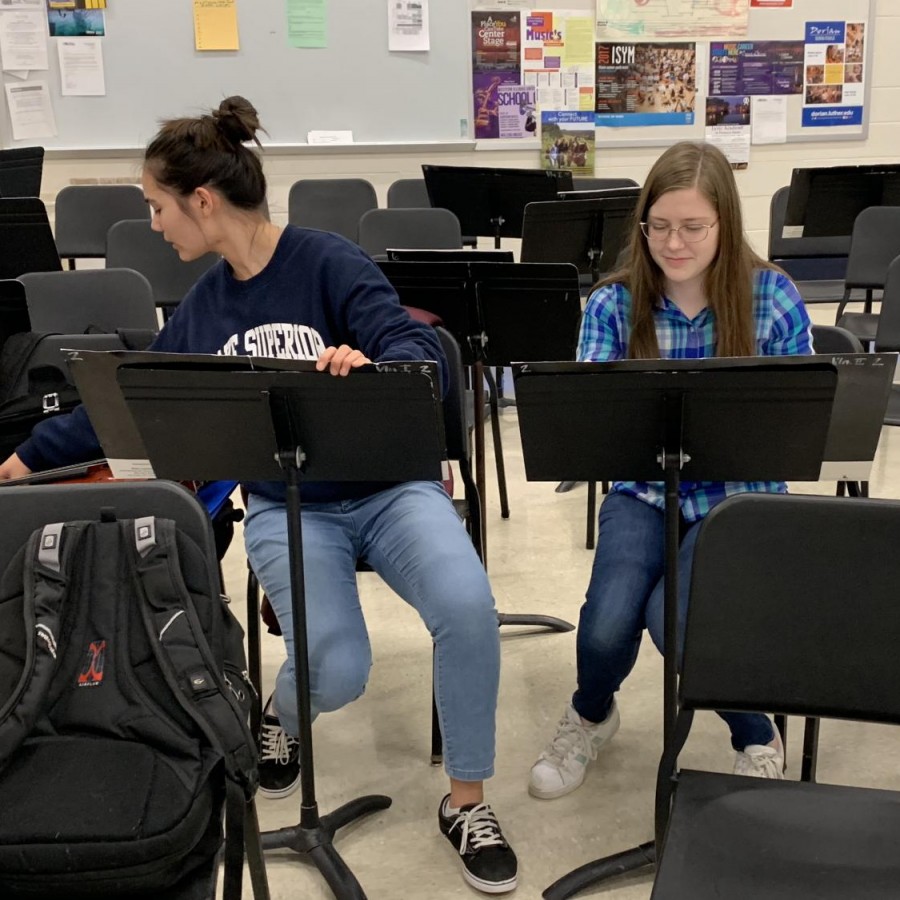As kids begin to enter high school, they know the hunt for a job will soon be on. However, why is this often a priority in the life of a teenager, and how has it changed over the years?
The opportunity to start earning above minimum wage for typical high school jobs (such as fast food and retail) is very slim. When factoring a rigorous school schedule into working hours, there is clearly not enough time to fully invest in either pursuit. So what does drive teenagers to get jobs?
There are numerous pros and cons when choosing whether or not to work in high school. There is one obvious benefit: money. Many teenagers work in high school in order to save for college, possibly pay off current purchases, or simply have spare spending money.
However, working in high school is extremely time consuming. When a student is working for minimum wage while balancing rigorous academics, costs of a job can outweigh benefits. As PV senior Lilly Parker stated, “I worked after school every day while also taking difficult classes. Whenever I was working, I would worry about the homework I had to do later.”
This leads to the big question – outside of money, what motivates high schoolers to pursue jobs? A large part of that motivation is simply peer pressure and societal expectations. These expectations have varied greatly over the years and explain the difference in attitudes towards working in high school.
Jill Gneiting, a Bettendorf resident, says, “As soon as I turned 14, I went out and got a job. That’s just what everybody did.” Perhaps the previous generation simply thought that after school hours, the first priority for high schoolers was to go to work. In recent years, that has certainly changed.
With ambitious students aiming for high-ranking colleges, extracurriculars have become a fundamental part in ensuring a future at any desirable university. This has certainly affected social expectations, as a schedule of school and extracurriculars can quickly dominate a work schedule. Now, choosing to participate in some clubs may look just as good to a college as a part-time job.
This balance is clear with what PV senior Kaitlyn Ryan has said: “My parents told me that I could have a job as long as it didn’t affect my grades. Focusing on school work is more important, and I also know I need to build up my resume with extracurriculars in order to make it stronger and competitive.”
As will always be true, it is beneficial to earn money as a high schooler in order to save for college and other important opportunities, but as expectations for a high schooler’s schedule change, the reasons why students choose to work will as well.









